The UK is refusing to sign up to human rights safeguards demanded by the EU in exchange for a trade deal so the government has the option of changing the Human Rights Act, Michael Gove has said.
The cabinet office minister told a parliamentary committee on Wednesday that the government might want to “enhance” legislation on human rights “in all sorts of ways”.
Britain, along with every country in Europe other than Belarus, is a signatory of the European Convention on Human Rights. Brussels wants the UK to commit to seeing the status quo on the issue as part of the terms of a Brexit trade agreement.
Download the new Independent Premium app
Sharing the full story, not just the headlines
But UK negotiators have refused, claiming that the issue is a matter of “sovereignty”.
Asked why he was reluctant to agree to the EU’s demands, Michael Gove told the future relationship with the EU select committee: “It’s a question of sovereignty and the EU determining whether or not our own legislation is sufficient to give effect to the rights of citizens to ensure that their position under the ECHR is safeguarded.
“It is a question of sovereignty: to say that one particular legislative mechanism is pristine perfect and cannot be changed unless you secure the permission of another sovereign entity is I think an infringement of sovereignty. Some people might argue that it was justified but it is nevertheless an infringement.
Asked whether that meant the government might change the Human Rights Act, he said: “We might enhance it, in all sorts of ways.”
In 2018 Dominic Cummings said a referendum on membership of the European Convention on Human Rights, which is entirely separate from the EU, would be “high on the agenda” if he ever got involved in politics again.
The government’s official position is that it has no intention of leaving the convention.
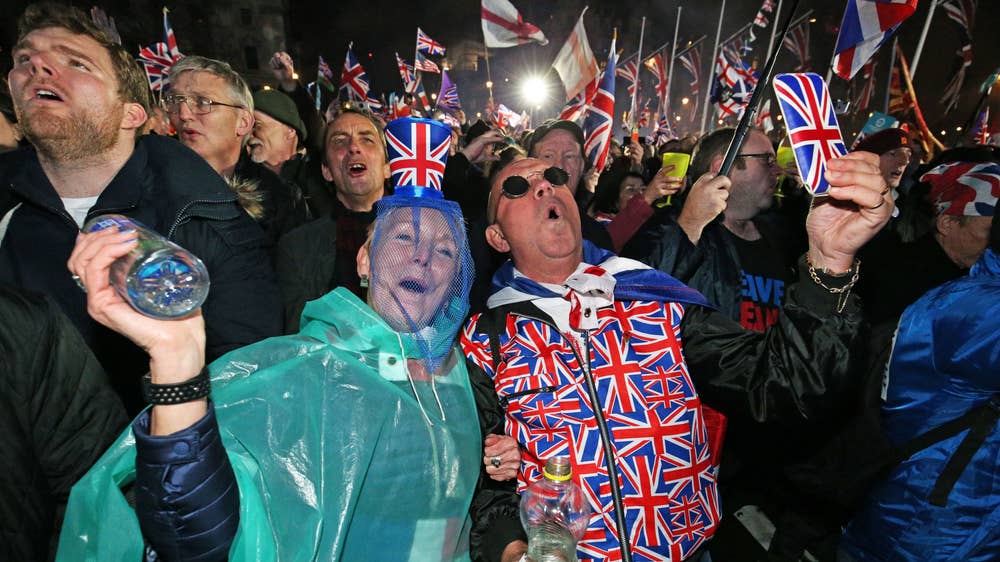

1/37
Pro-Brexit supporters celebrating in Parliament Square, after the UK left the European Union on 31 January. Ending 47 years of membership
PA
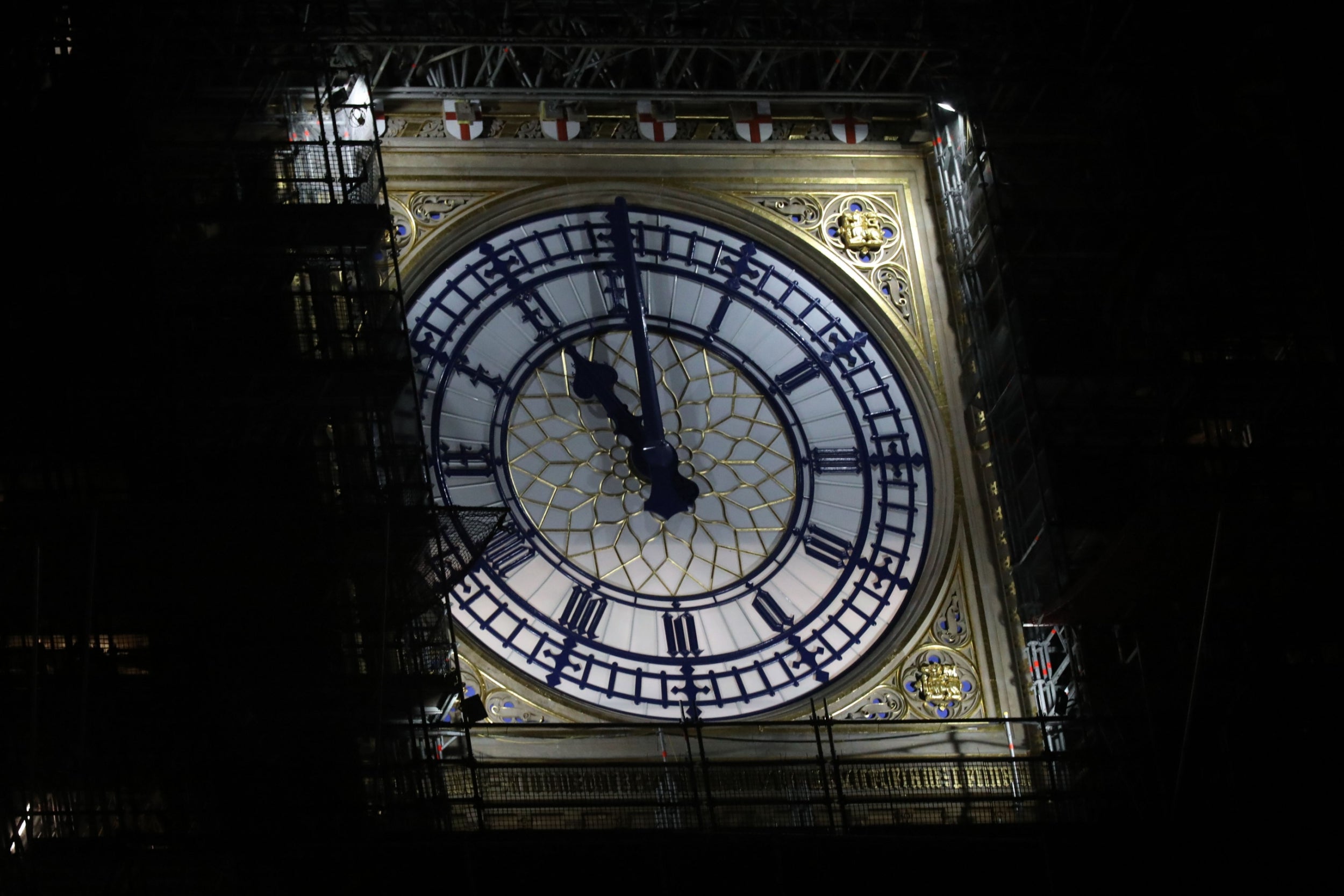
2/37
Big Ben, shows the hands at eleven o’clock at night
AFP via Getty
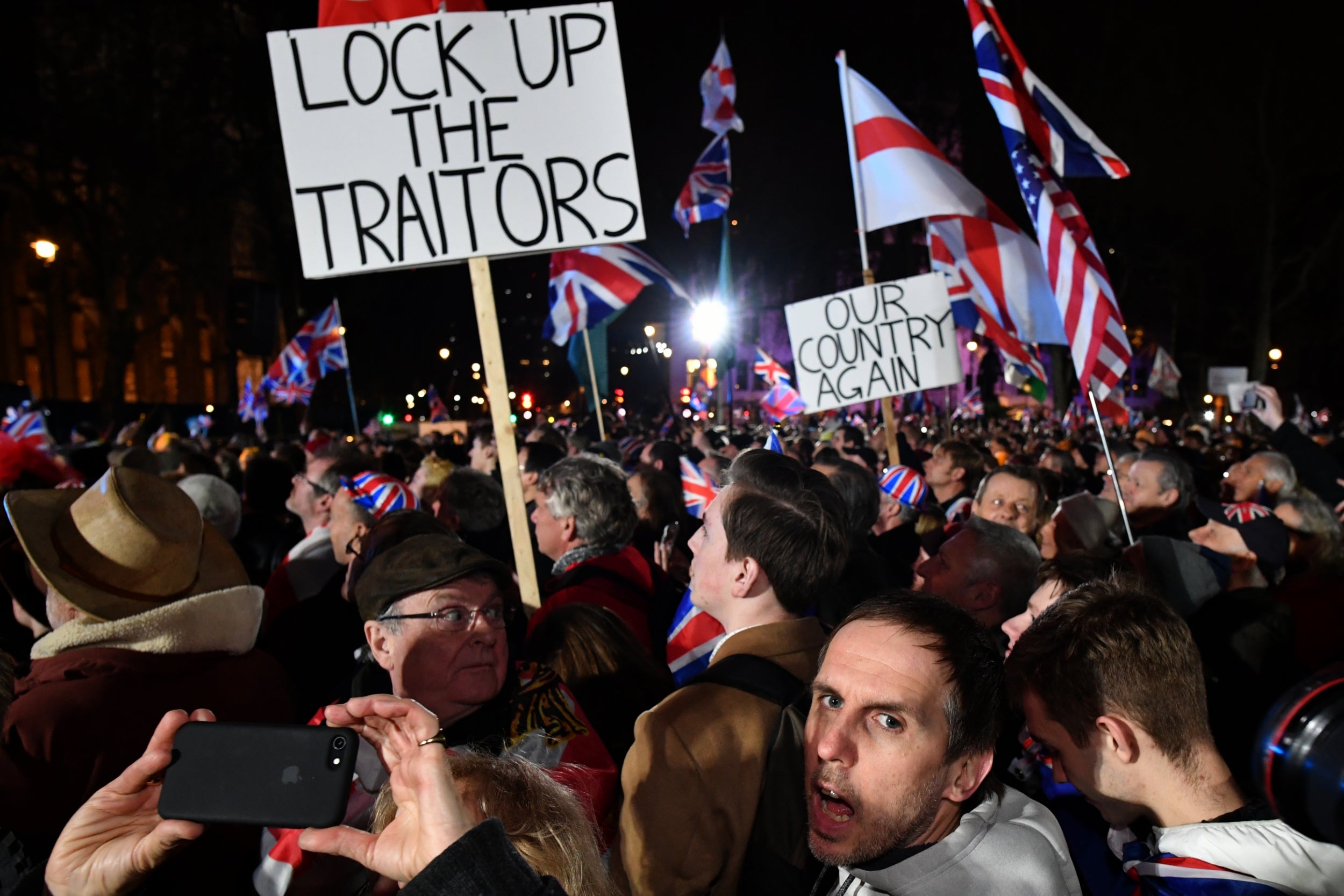
3/37
Pro Brexit supporters attend the Brexit Day Celebration Party hosted by Leave Means Leave
Getty
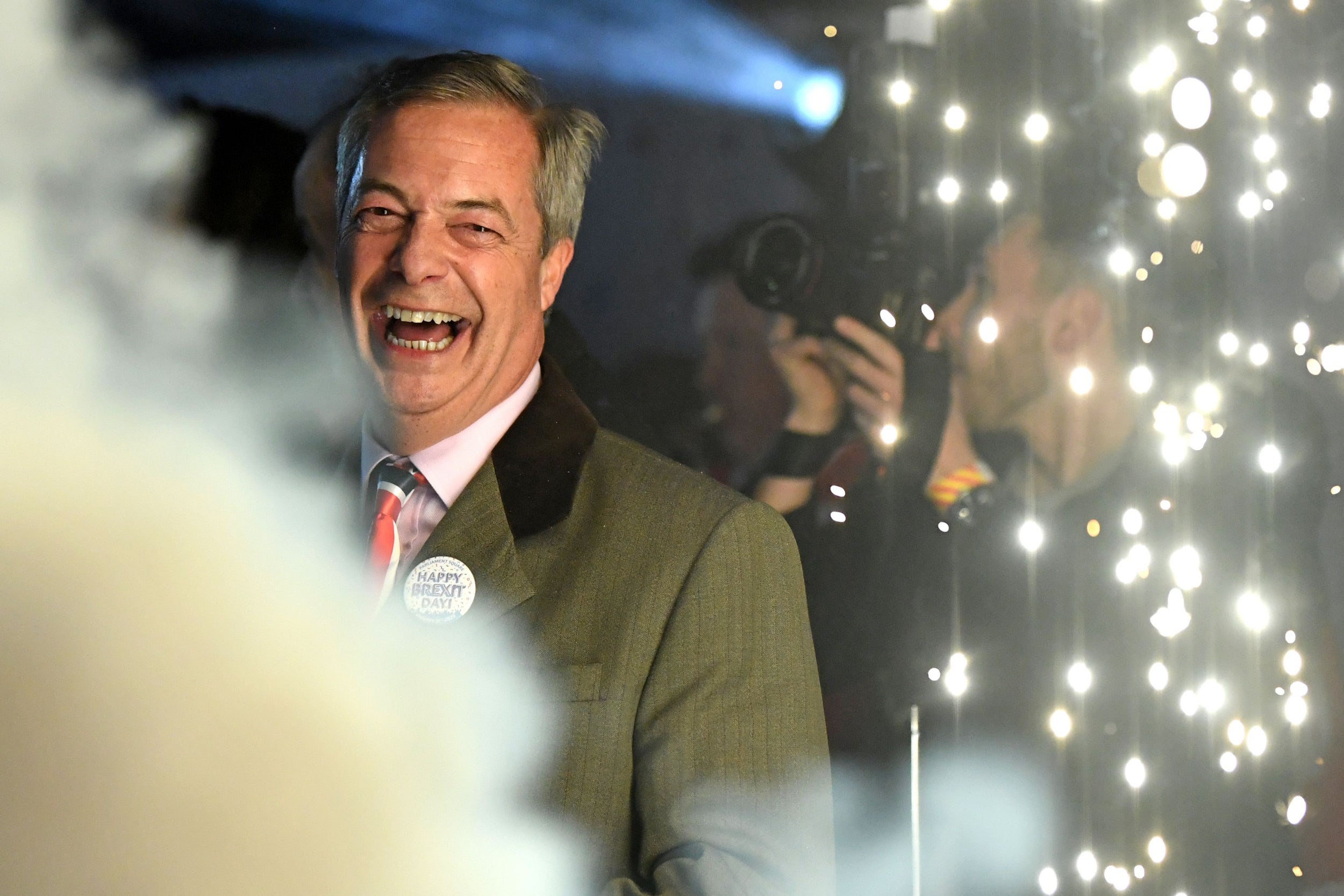
4/37
Brexit Party leader Nigel Farage smiles on stage
AFP/Getty
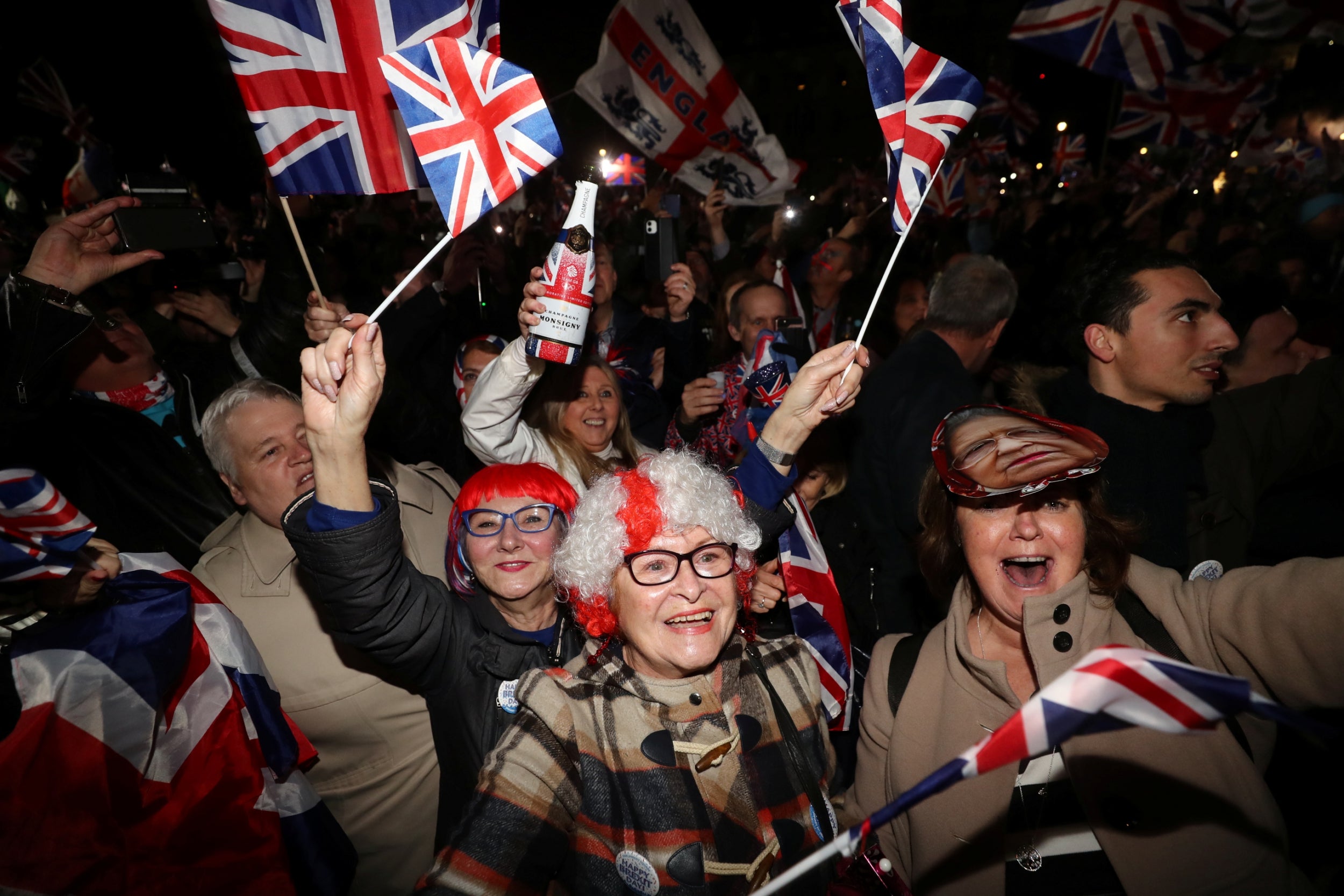
5/37
People celebrate in Parliament Square
Reuters
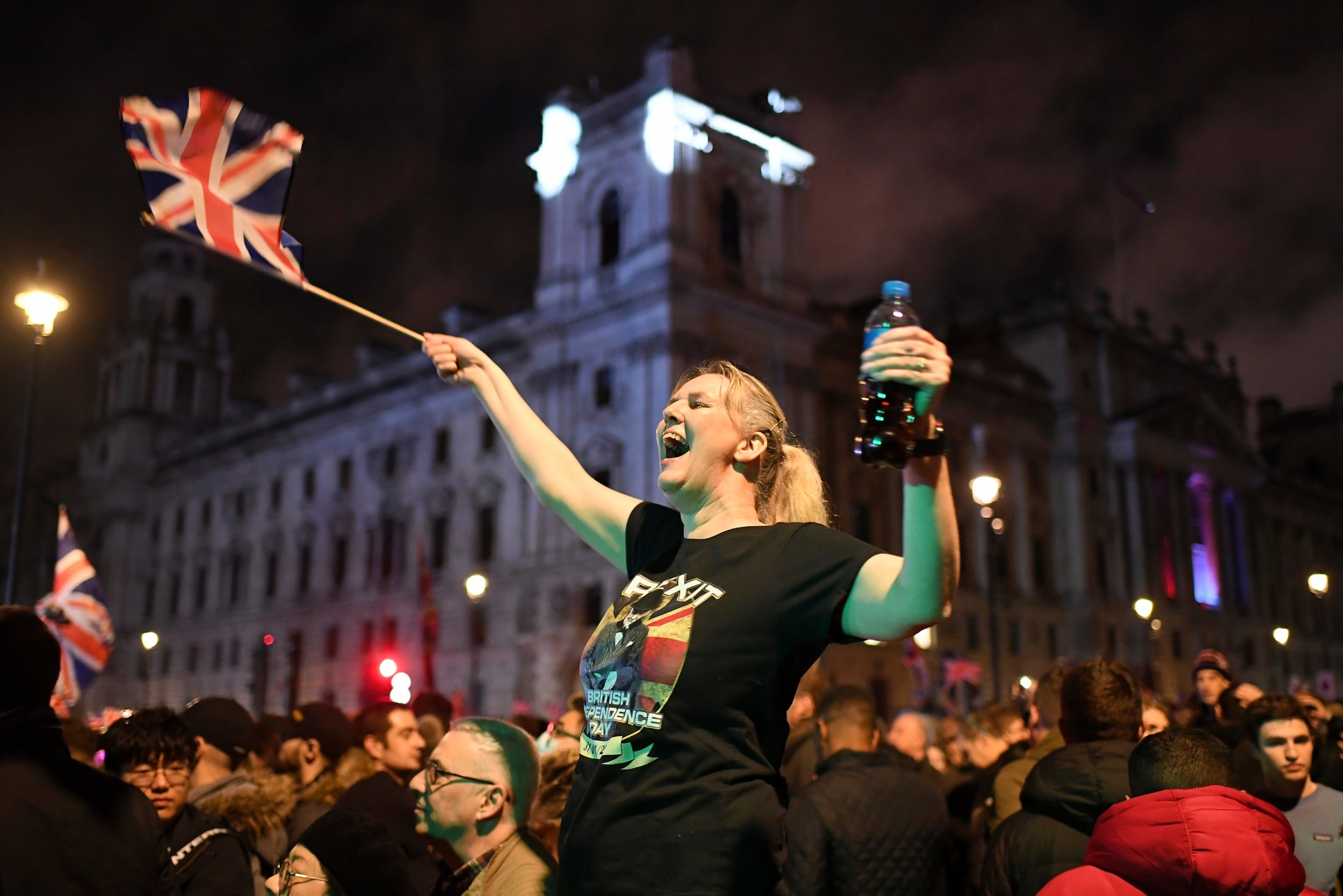
6/37
A Brexit supporter celebrates during a rally in Parliament square
AP
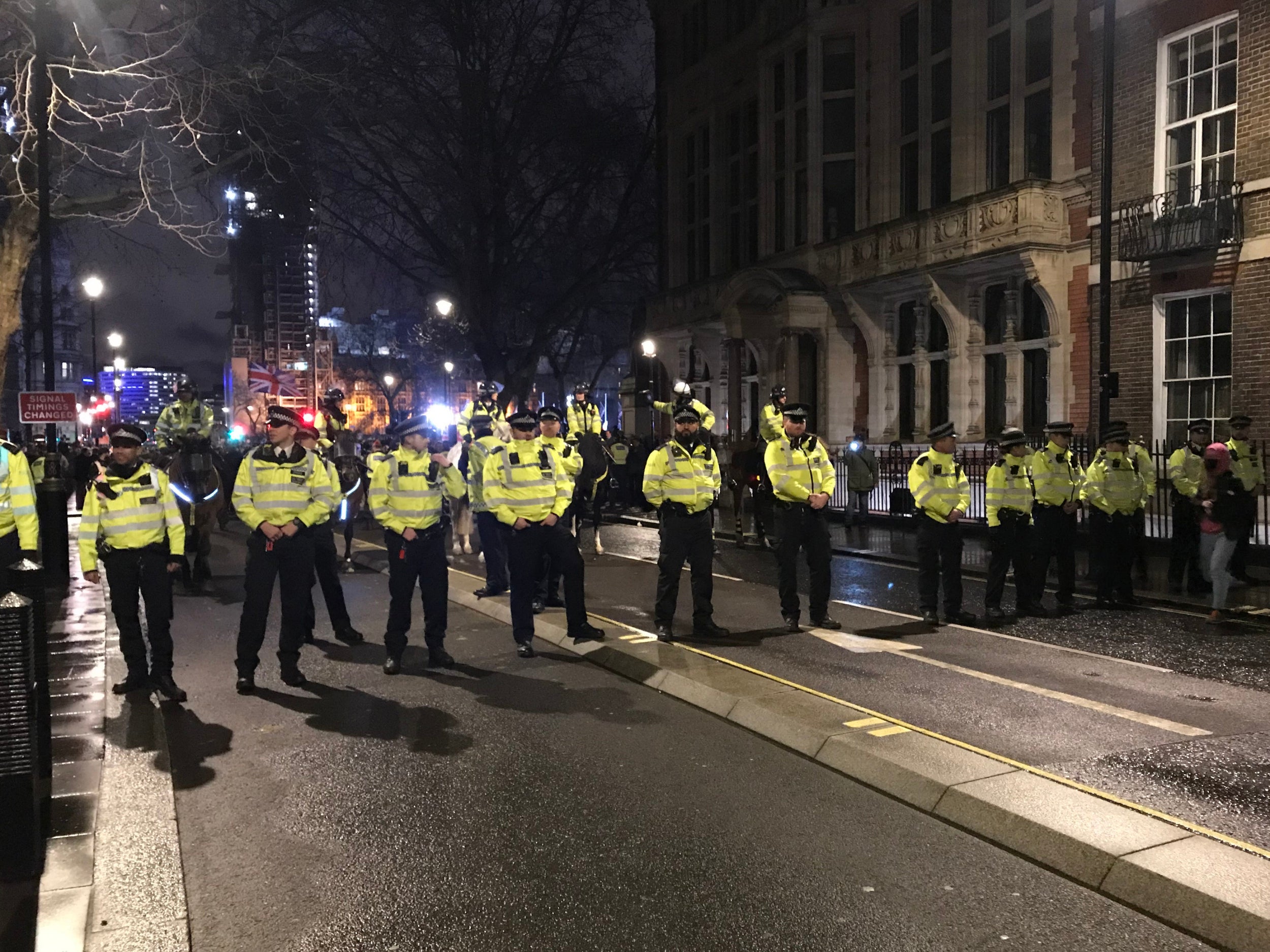
7/37
Police form a line at Parliament Square to prevent a small group of anti-Brexit protestors from going through to the main Brexit rally
PA

8/37
Nigel Farage speaks to pro-Brexit supporters
PA
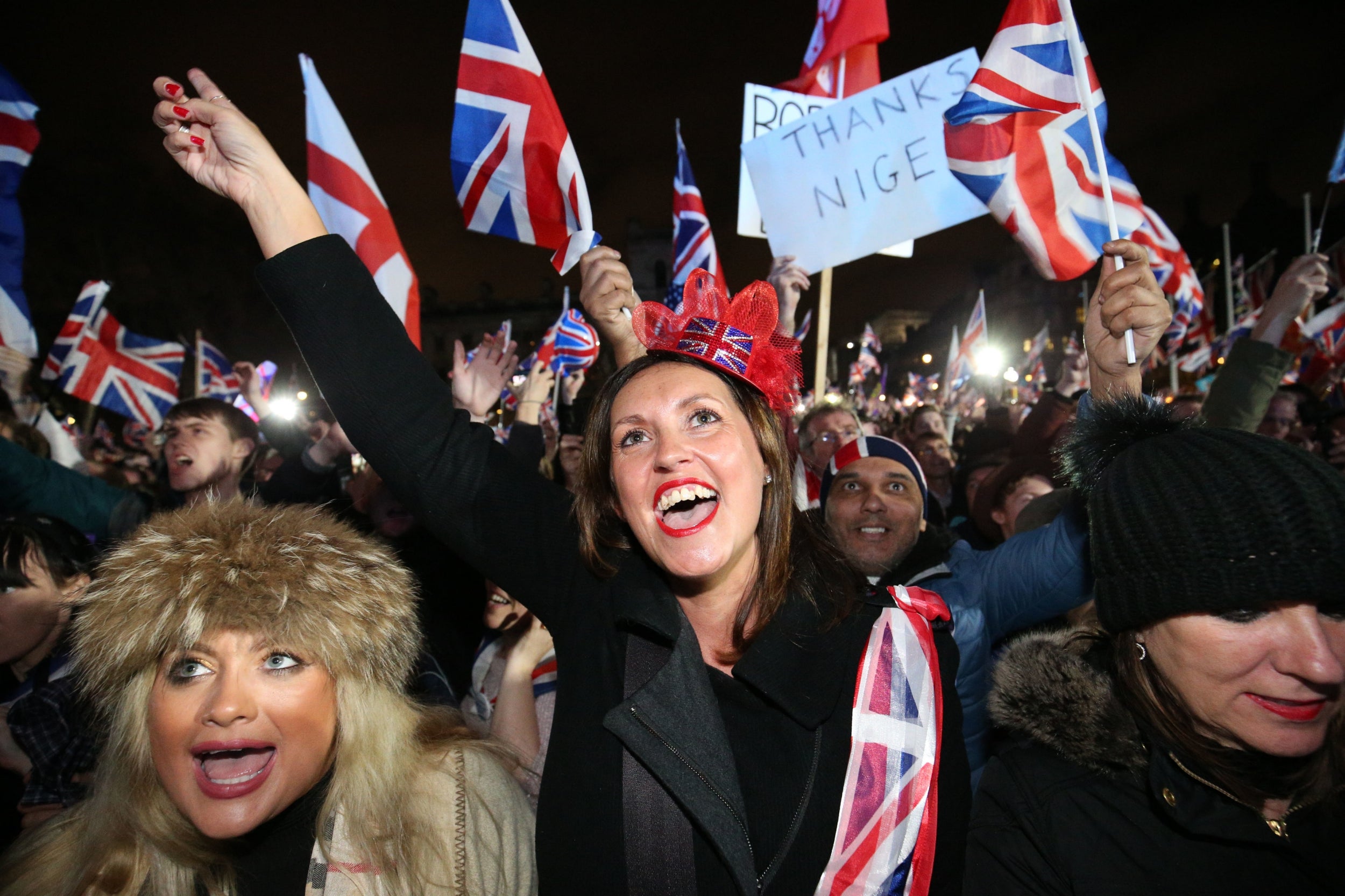
9/37
PA
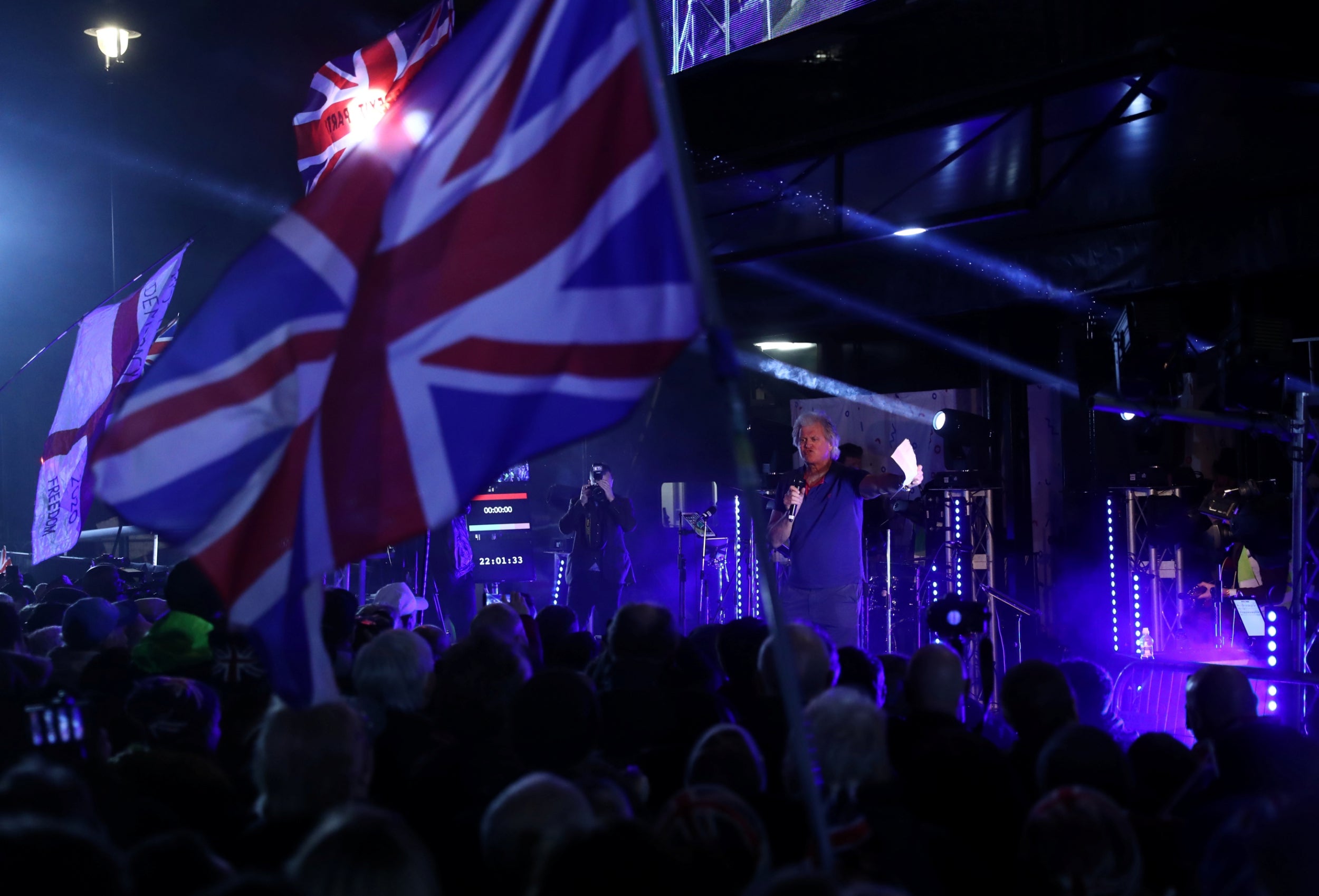
10/37
JD Wetherspoon Chairman Tim Martin speaks as people wave flags
Reuters

11/37
Getty
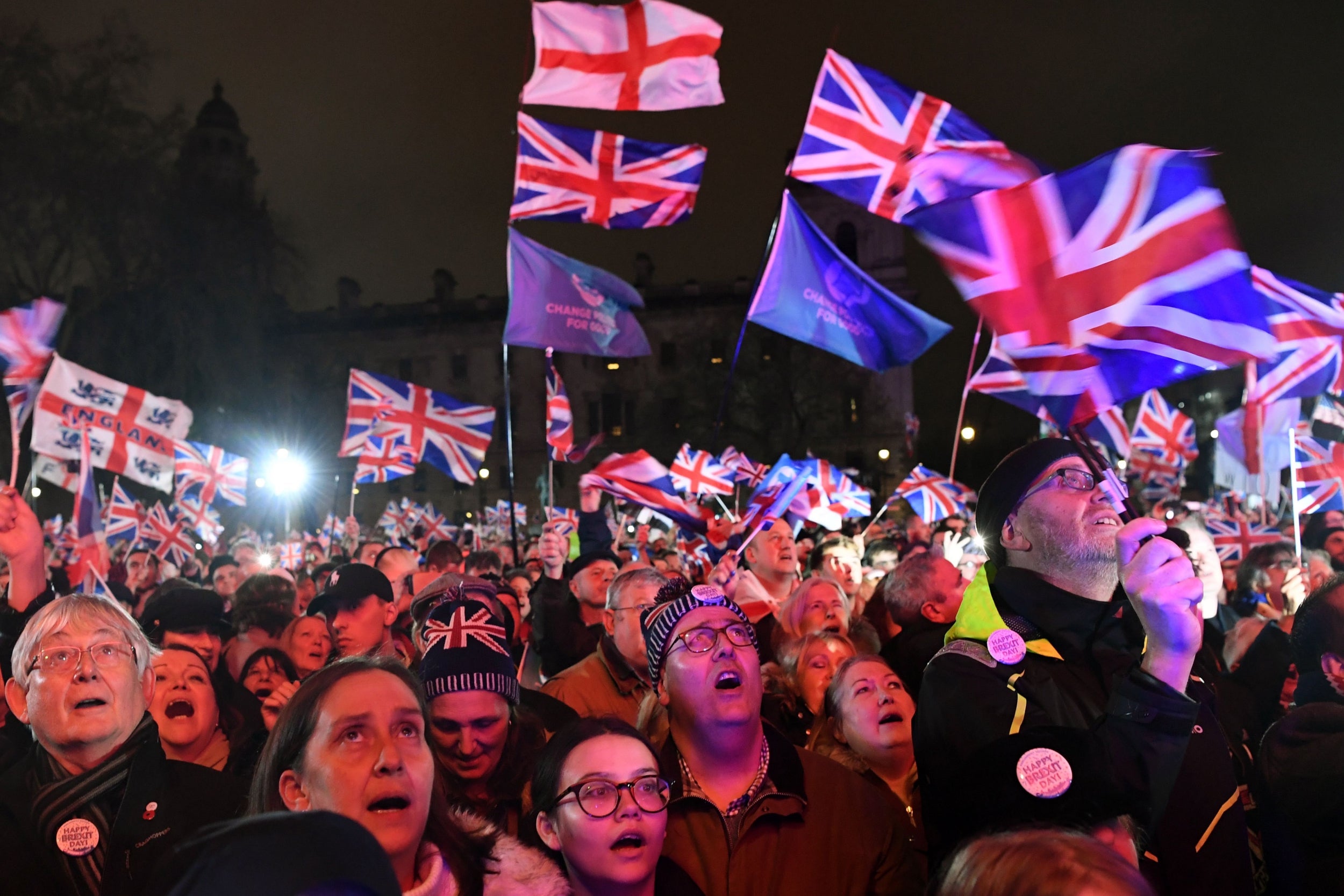
12/37
Brexit supporters wave Union flags as they watch the big screen
AFP via Getty
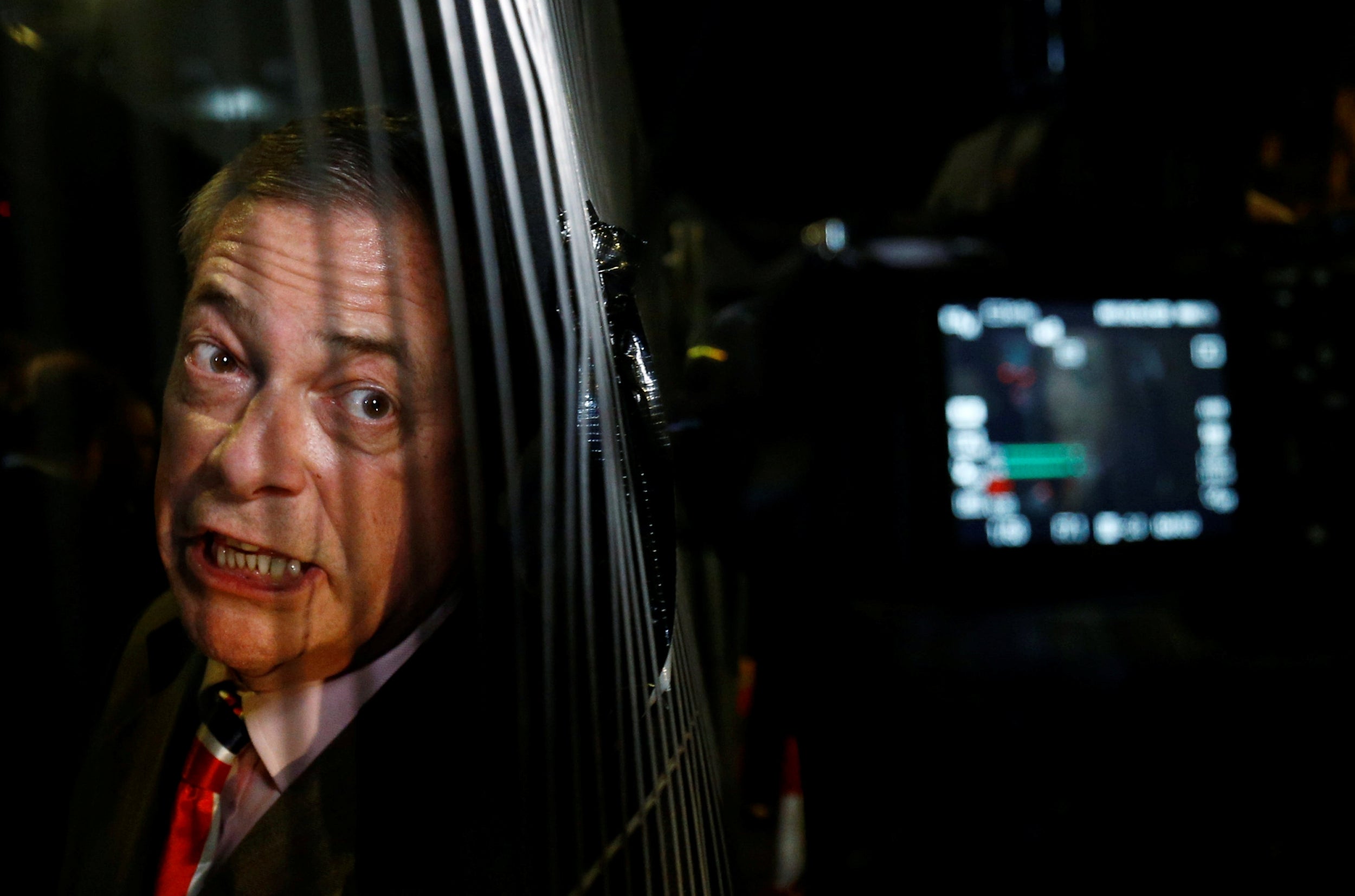
13/37
Brexit Party leader, Nigel Farage arrives
Reuters

14/37
Brexit supporters gather
AP

15/37
Ann Widdecombe speaks to pro-Brexit supporters
PA
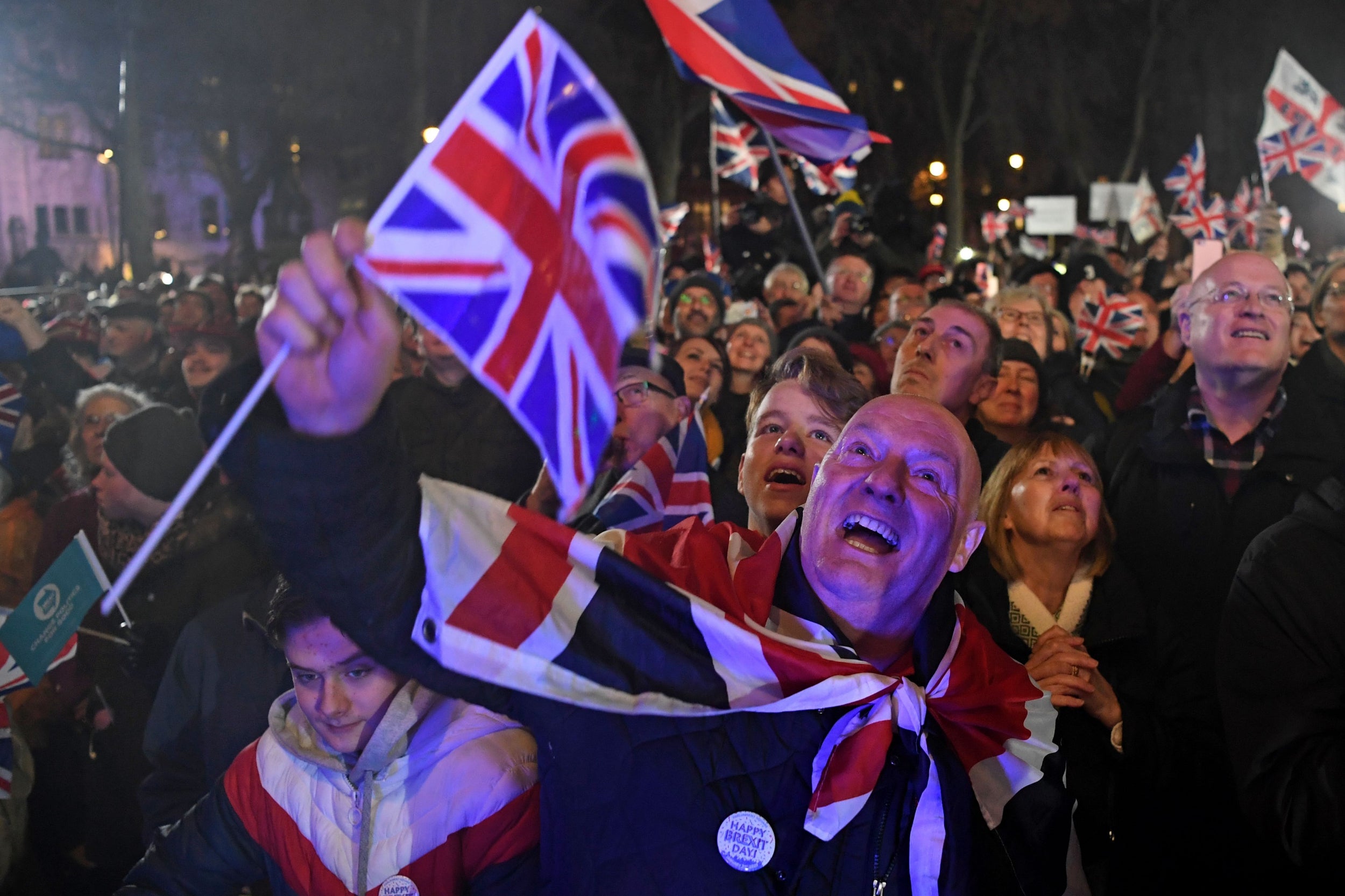
16/37
Brexit supporters wave Union flags as they watch the big screen
AFP via Getty
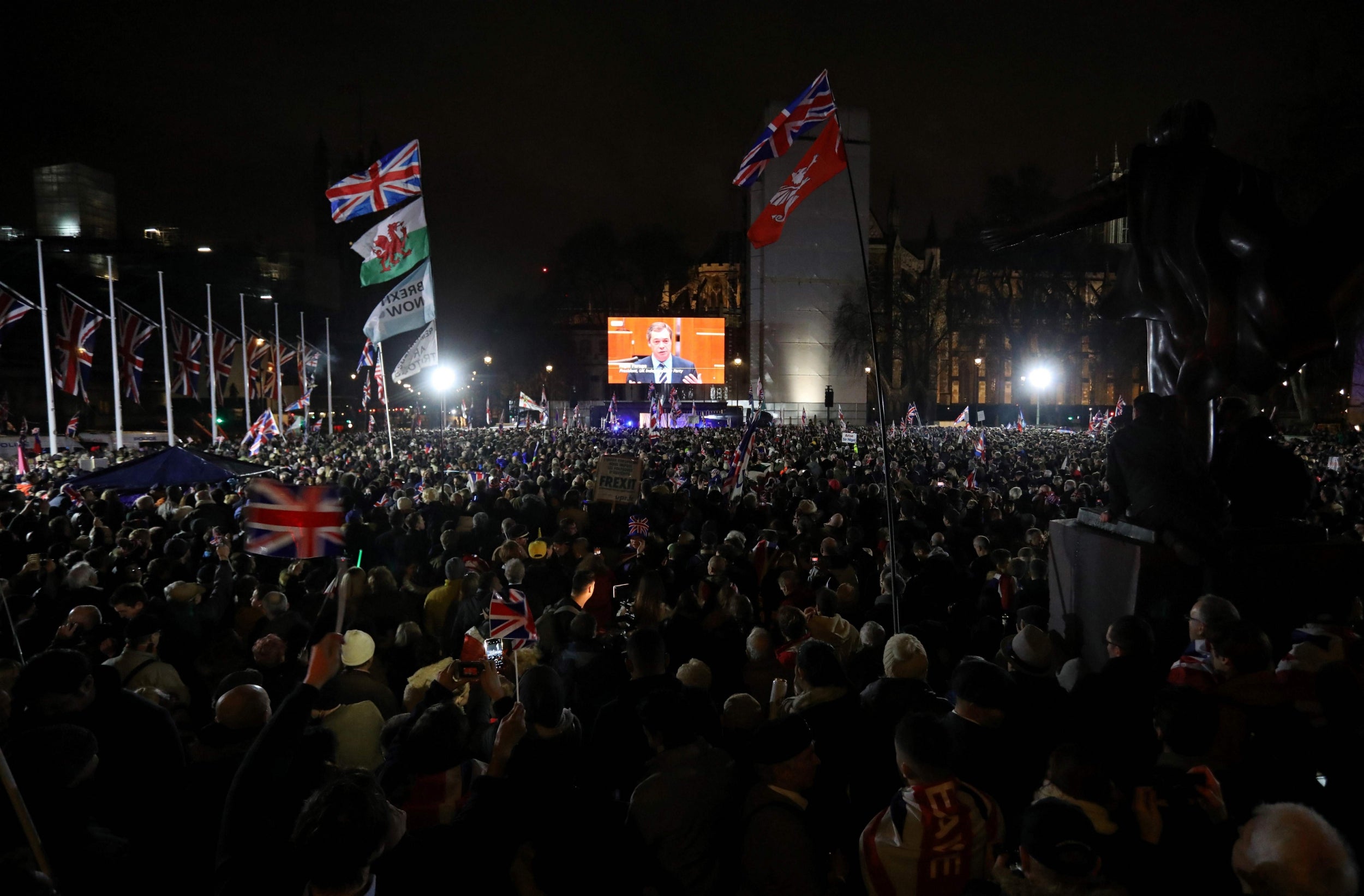
17/37
AFP via Getty

18/37
People wave British Union Jack flags as they celebrate
Reuters

19/37
Pro-Brexit demonstrators celebrate on Parliament Square on Brexit day
Reuters

20/37
A pro-Brexit supporter jumps on an EU flag
PA
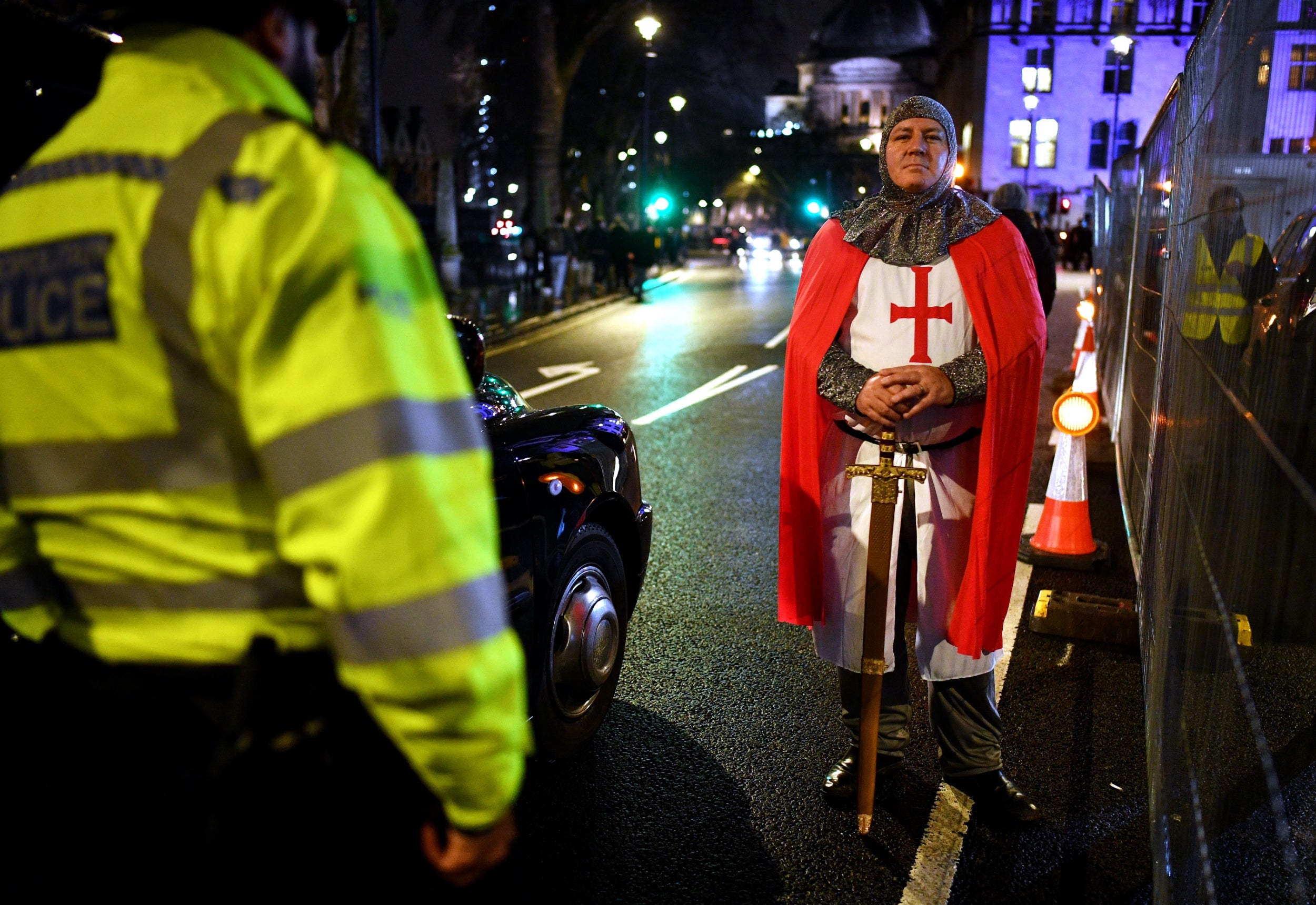
21/37
Getty

22/37
AFP via Getty
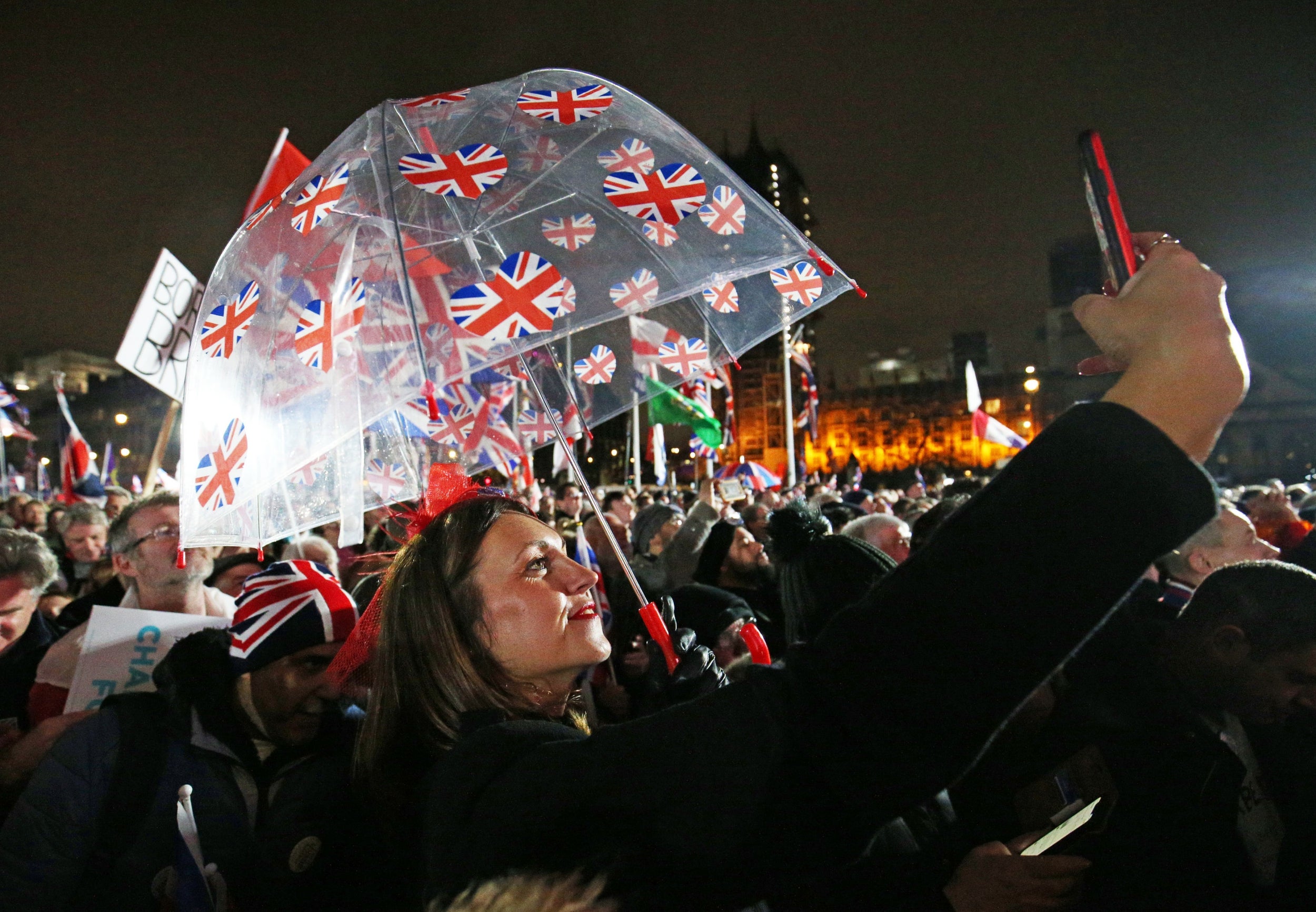
23/37
PA
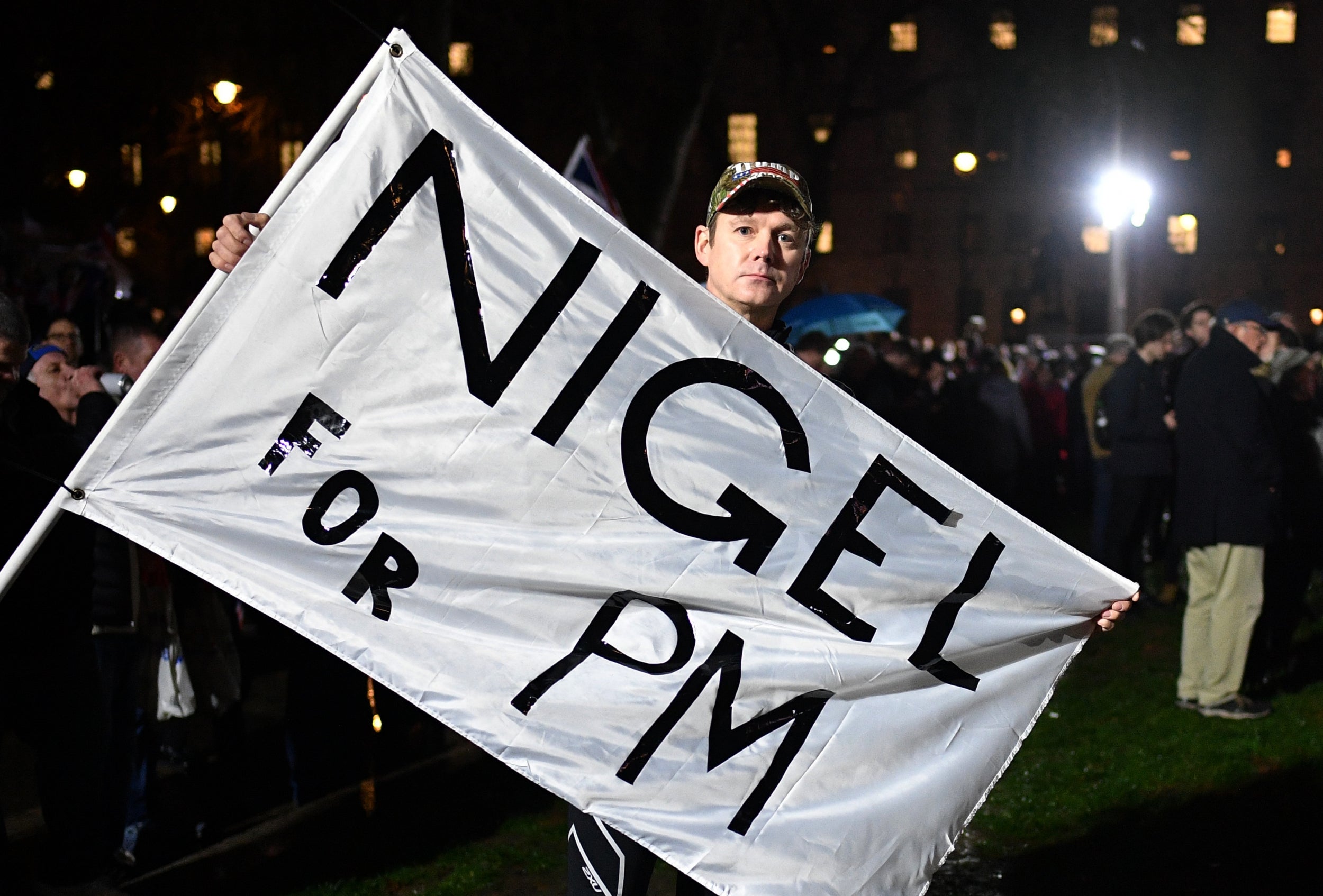
24/37
Getty
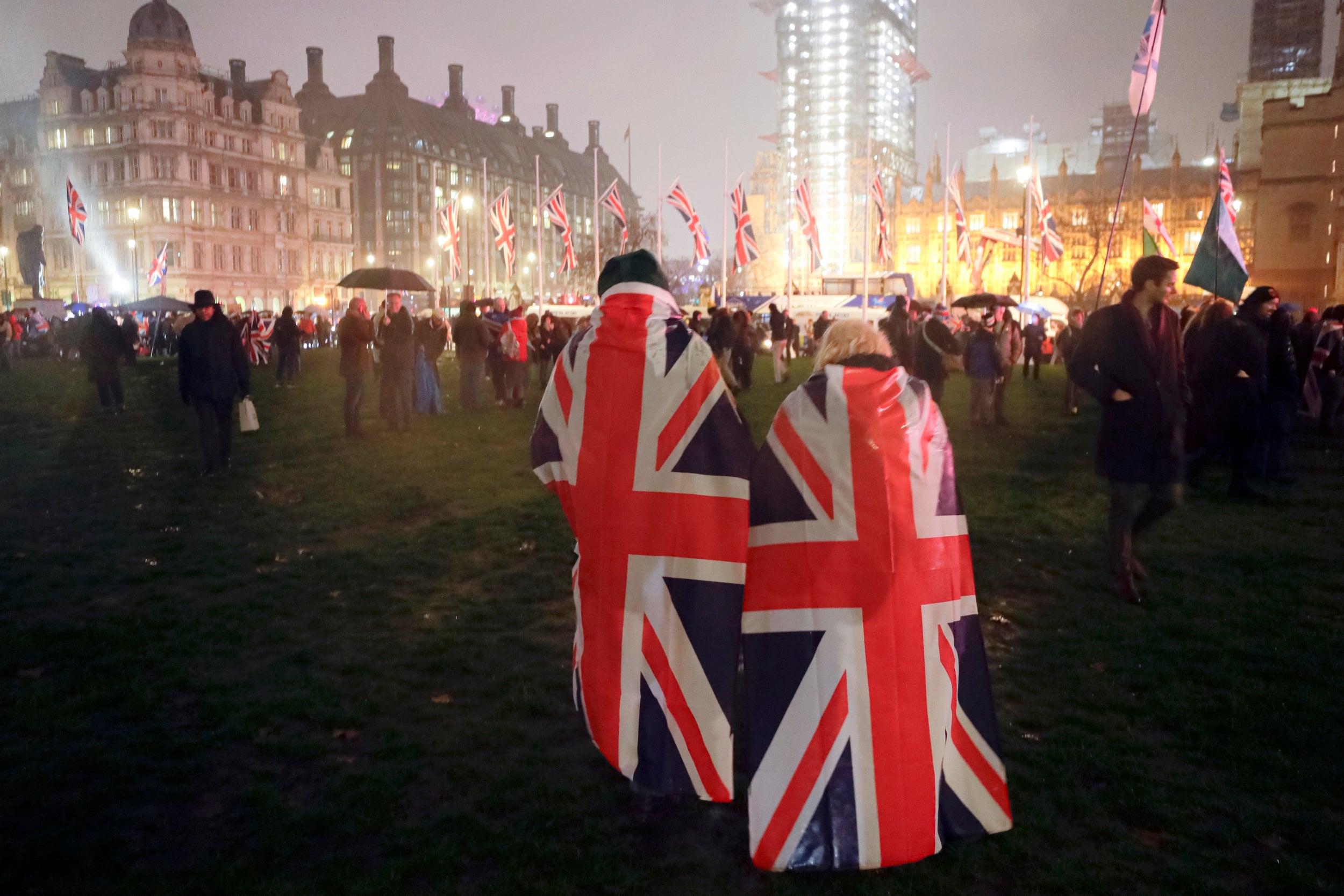
25/37
AP
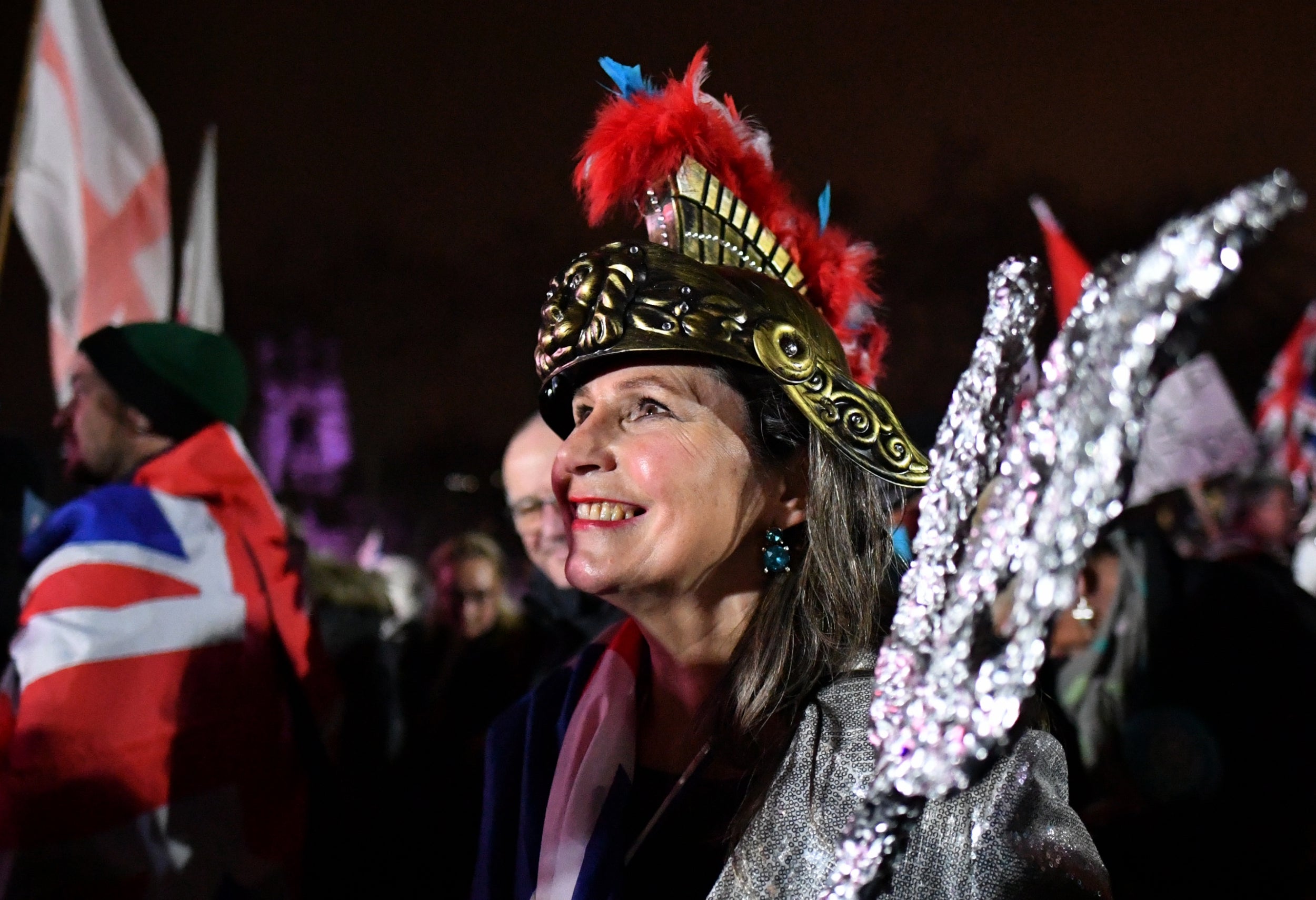
26/37
Getty

27/37
A man waves Union flags from a small car as he drives past Brexit supporters gathering
AFP via Getty

28/37
A pro-Brexit supporter pours beer onto an EU flag
PA

29/37
Getty

30/37
An EU flag lies trampled in the mud
Getty

31/37
Getty
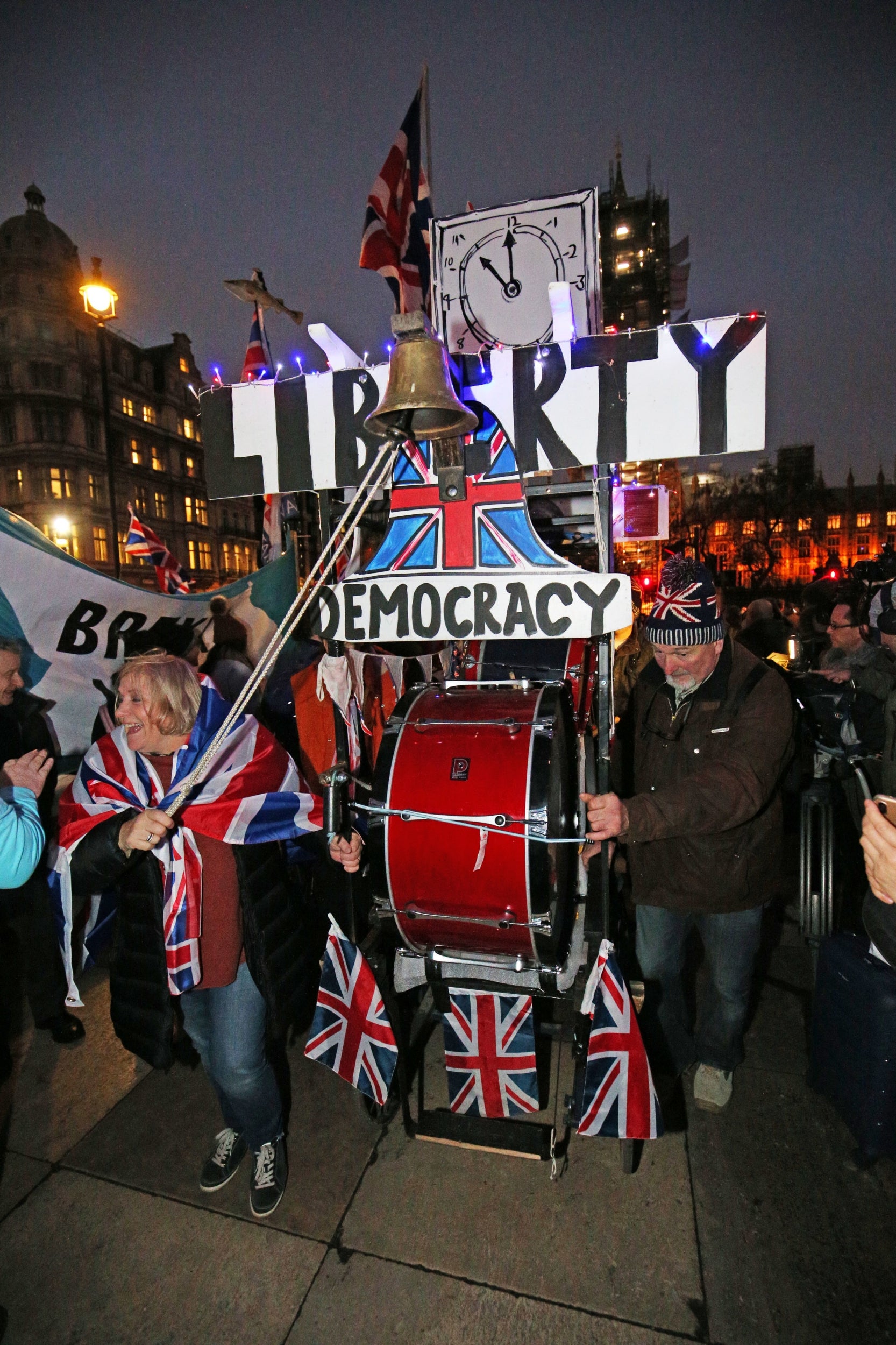
32/37
PA

33/37
PA

34/37
Getty
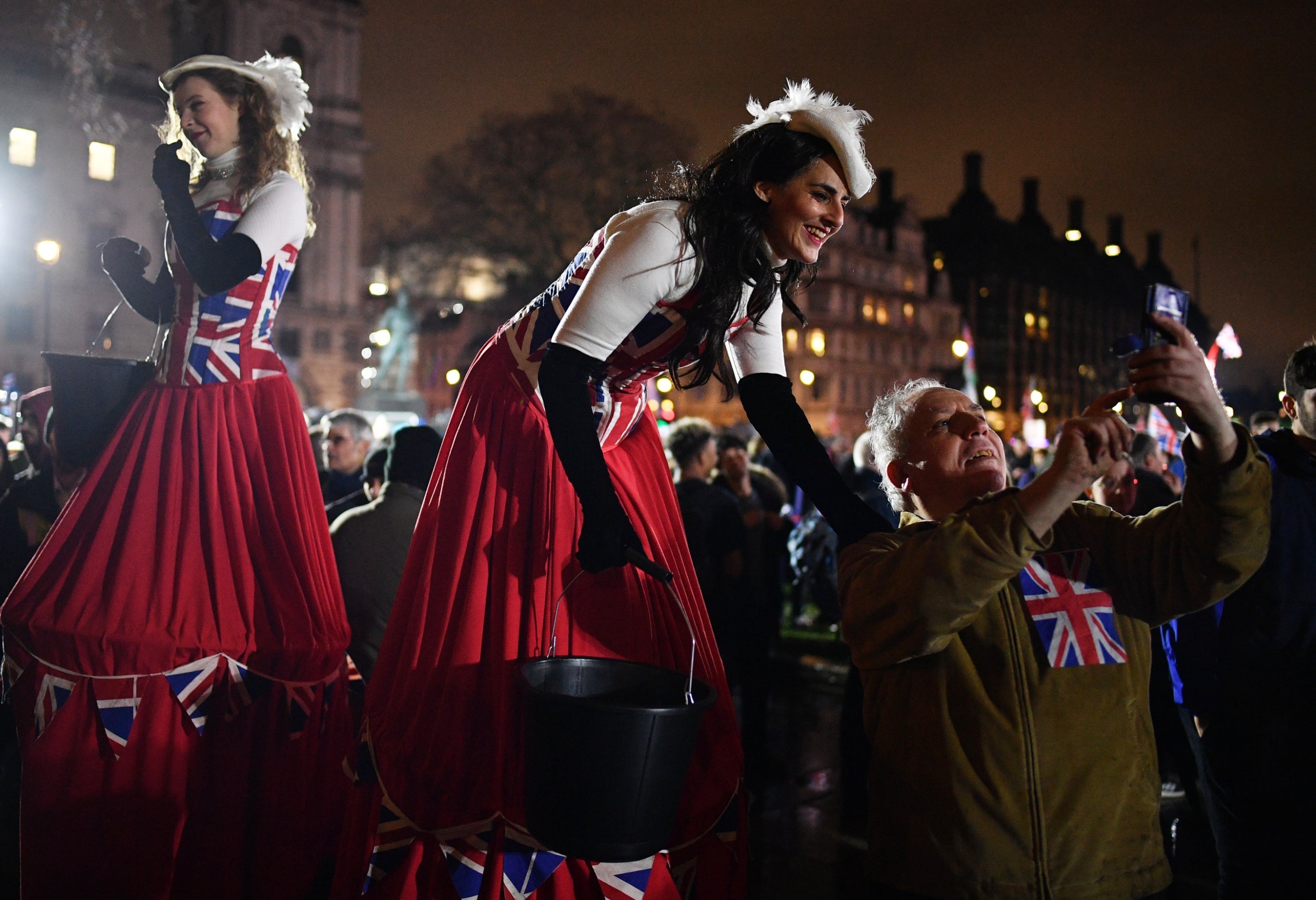
35/37
Getty
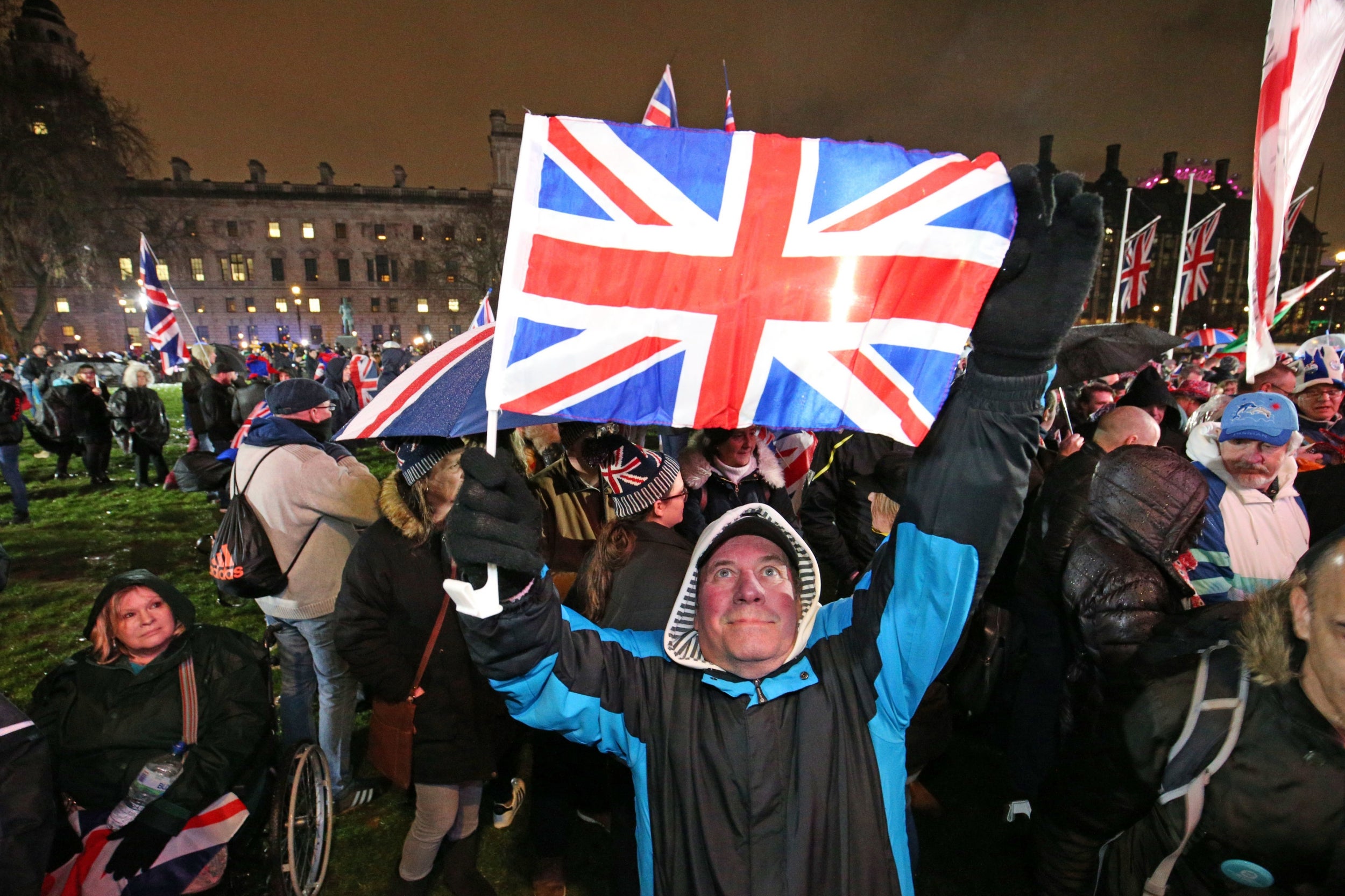
36/37
PA
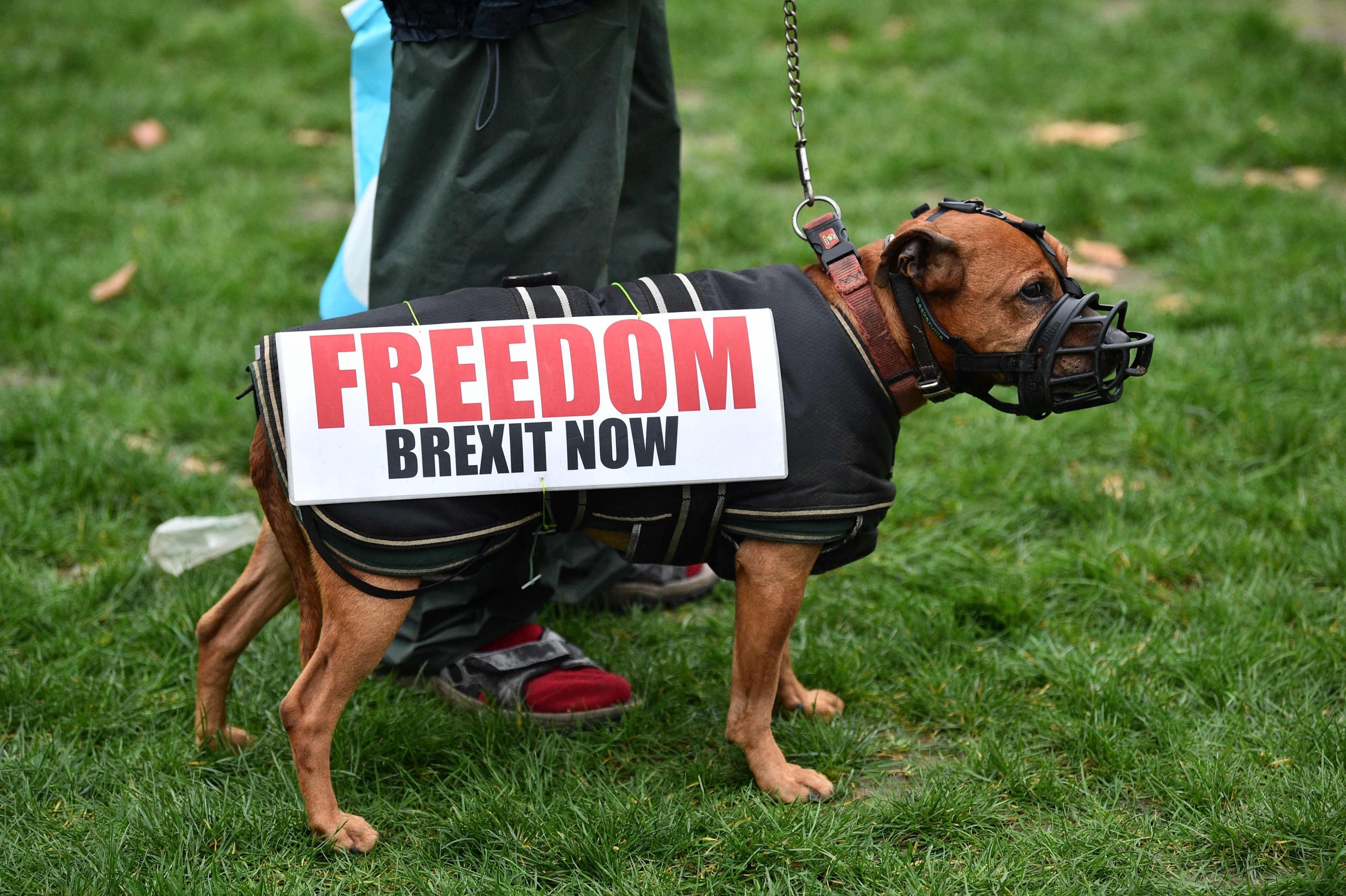
37/37
AFP via Getty

1/37
Pro-Brexit supporters celebrating in Parliament Square, after the UK left the European Union on 31 January. Ending 47 years of membership
PA

2/37
Big Ben, shows the hands at eleven o’clock at night
AFP via Getty

3/37
Pro Brexit supporters attend the Brexit Day Celebration Party hosted by Leave Means Leave
Getty

4/37
Brexit Party leader Nigel Farage smiles on stage
AFP/Getty

5/37
People celebrate in Parliament Square
Reuters

6/37
A Brexit supporter celebrates during a rally in Parliament square
AP

7/37
Police form a line at Parliament Square to prevent a small group of anti-Brexit protestors from going through to the main Brexit rally
PA

8/37
Nigel Farage speaks to pro-Brexit supporters
PA

9/37
PA

10/37
JD Wetherspoon Chairman Tim Martin speaks as people wave flags
Reuters

11/37
Getty

12/37
Brexit supporters wave Union flags as they watch the big screen
AFP via Getty

13/37
Brexit Party leader, Nigel Farage arrives
Reuters

14/37
Brexit supporters gather
AP

15/37
Ann Widdecombe speaks to pro-Brexit supporters
PA

16/37
Brexit supporters wave Union flags as they watch the big screen
AFP via Getty

17/37
AFP via Getty

18/37
People wave British Union Jack flags as they celebrate
Reuters

19/37
Pro-Brexit demonstrators celebrate on Parliament Square on Brexit day
Reuters

20/37
A pro-Brexit supporter jumps on an EU flag
PA

21/37
Getty

22/37
AFP via Getty

23/37
PA

24/37
Getty

25/37
AP

26/37
Getty

27/37
A man waves Union flags from a small car as he drives past Brexit supporters gathering
AFP via Getty

28/37
A pro-Brexit supporter pours beer onto an EU flag
PA

29/37
Getty

30/37
An EU flag lies trampled in the mud
Getty

31/37
Getty

32/37
PA

33/37
PA

34/37
Getty

35/37
Getty

36/37
PA

37/37
AFP via Getty
It was reported in February that ministers wanted to force through new “anti-terror” laws and were also looking at potentially suspending the ECHR, however.
The new laws would allow it to retroactively extend prison sentences after they had been served, among other new powers. Downing Street would not confirm or deny whether the approach would be followed.
The Brexit trade talks taking place with the EU are set to end in December, barring a further extension. Human rights are one of the main stumbling blocks that has so far prevented significant progress, with others including fishing, EU regulations, and the governance of the deal.



